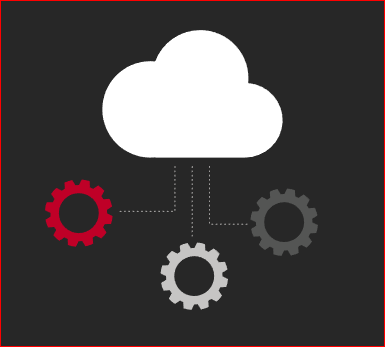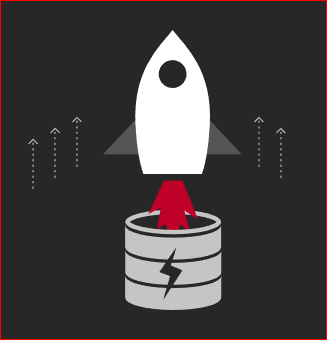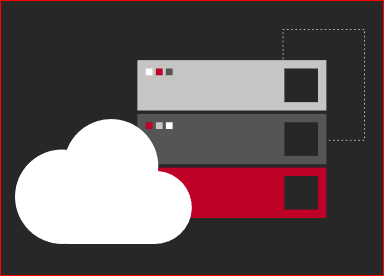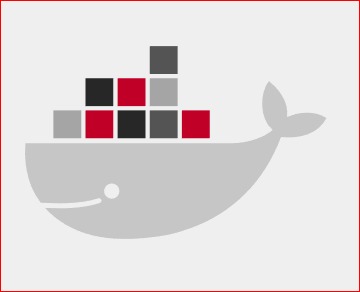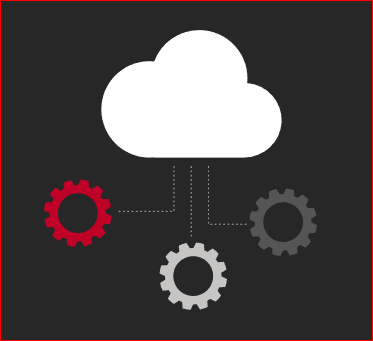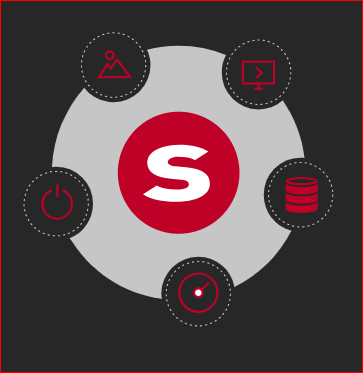
Squash supports launching service based deployments without an HTTP end point. This is helpful if you want to spin up a read-only database or any services that you want to share with one or more feature deployments. This is currently only supported within the Squash YAML file. How it works First you need to define
Read more
